Blockchain technology is no longer the future; it is today. The 2025 blockchain technology trends are innumerable and propagating in various global industries, including blockchain in supply chain management, finance, private and public sectors, mining, healthcare, and others.
But why is it so relevant today? Blockchain, being decentralized in nature, provides modern businesses with enhanced security, data and asset protection, tamper-proof transactions, and improved transparency. For these incredible qualities, the global leader in aerospace, defense, and security, Lockheed Martin, has integrated blockchain technology into its operations.
Leading companies are developing blockchain solutions and offering blockchain-related services to businesses/ organizations across various industries. Some offer blockchain-powered application development, while others are the world’s top cryptocurrency exchanges. Let’s take a look at some of the most influential and biggest blockchain companies in 2026.
Top-Ranking Blockchain Service Providers for Business 2026
1. Binance
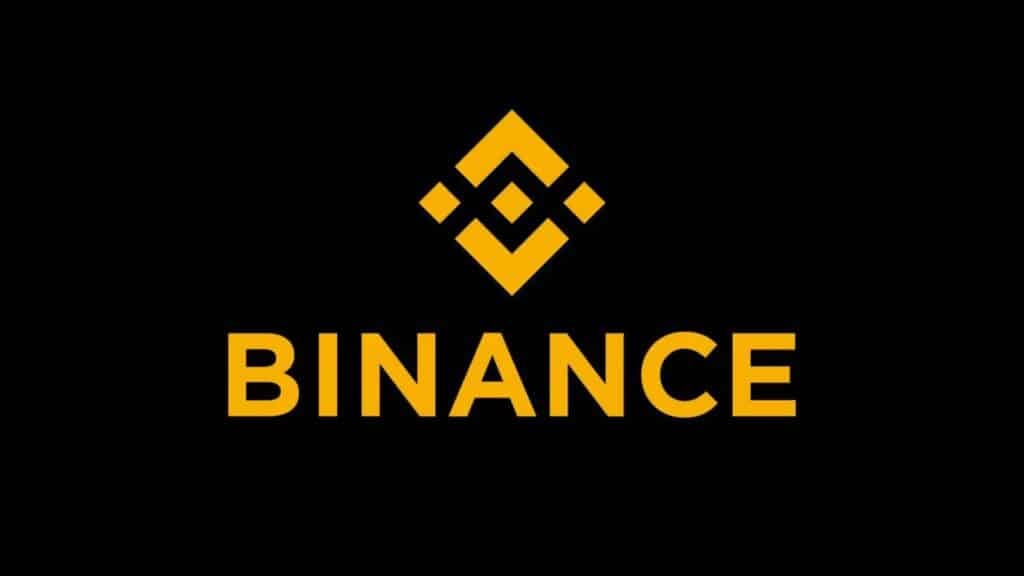
Location: Initially started in China, relocated to Japan, and then to Malta.
Founder: Changpeng Zhao
Year of Establishment: 2017
As of 2025, Binance serves over 250 million users across 180-plus countries, making it the world’s largest crypto exchange by trading volume. It is an exchange for Bitcoin, Ethereum, and over 350 listed Altcoins.
Binance offers a variety of features to its users:
- You can trade multiple cryptos on Spot, Futures, and Margin markets.
- You can earn or purchase tokens on Binance Launchpool, Megadrop, Airdrop, and others.
- Binance Earn allows users to earn interest on their cryptocurrencies.
- With Binance P2P, you can purchase and sell cryptocurrencies.
- On the Binance NFT marketplace, users can trade, stake, and loan NFTs.
2. Coinbase Global Inc. (COIN)
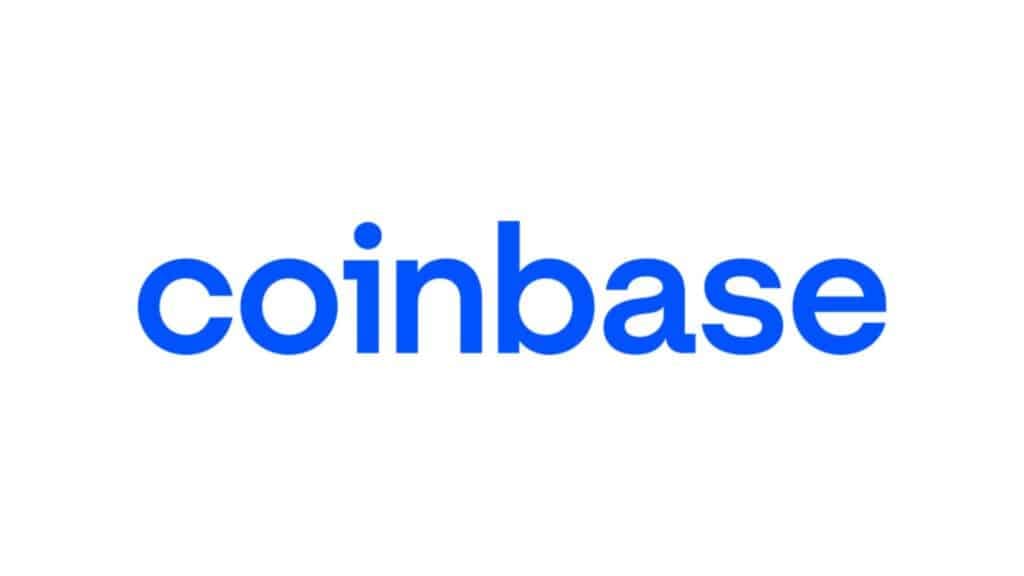
Location: Founded in San Francisco, US
Founder & CEO: Brian Armstrong
Year of Establishment: 2012
With a quarterly trading volume of $237 billion in over 100 countries, Coinbase is one of the biggest crypto exchange platforms globally. Led by Brian Armstrong, it hosts around $425B in assets on the platform. The mission of Coinbase is to enhance economic freedom for one billion people. It offers comprehensive crypto services, like advanced financial tools, trading, and custody. This trusted platform assists people and organizations in managing, buying, or transforming cryptocurrencies into local currencies and vice versa.
For retail users, Coinbase offers:
- Coinbase Wallet – A secure and non-custodial wallet to store NFTs and access dApps (decentralized apps).
- Coinbase One – Subscription program providing advanced analytics, rewards, and quick support.
- Coinbase Earn and staking – Users can stake tokens and get rewards.
- Coinbase Card – A debit Visa card that users can use to spend cryptocurrencies.
For businesses and organizations, Coinbase offers:
- Coinbase Business – To manage crypto assets, receive crypto payments, pay vendors, and incorporate accounting with tools like Xero.
- Coinbase Prime – Institutions can get access to advanced trading, reporting, and execution.
- Coinbase International Exchange: Gives international access to derivatives and spot trading.
3. IBM Blockchain
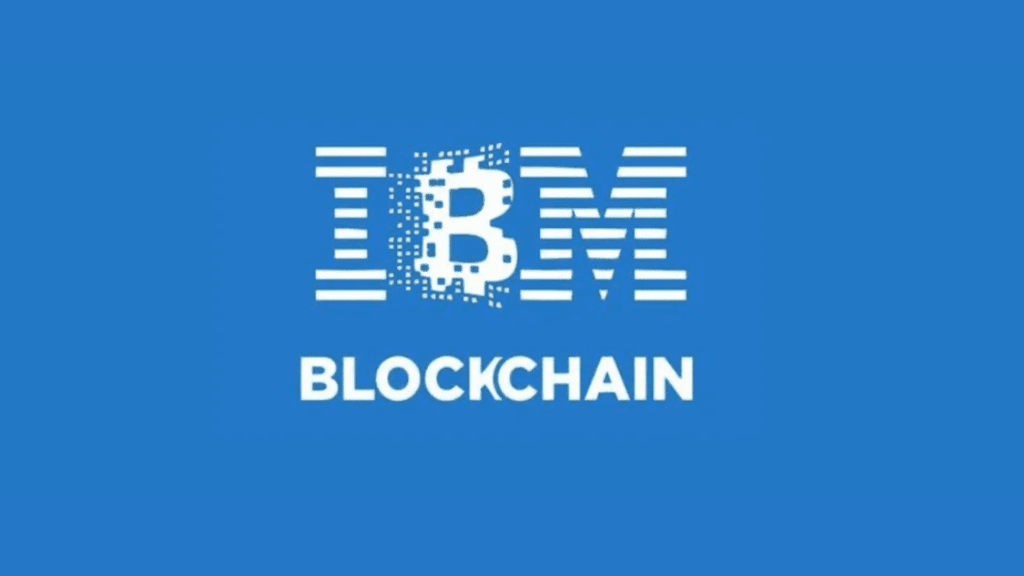
Location: Armonk, New York
Founder: Nitin Gaur, Founder of IBM Blockchain Labs
Year of Establishment: 2015
Utilizing the IBM Blockchain platform, varied organizations from multiple backgrounds can create and join a blockchain network on-prem, or on public, private, or hybrid multicloud that uses Kubernetes.
IBM’s blockchain project was launched to target the supply chain management industry. Integrating blockchain technology in supply chain management improves security, traceability, and transparency across the entire chain. IBM offers support to Hyperledger Fabric that uses a modular framework. Due to this, businesses can personalize their blockchain networks for added privacy and scalability.
4. Amazon
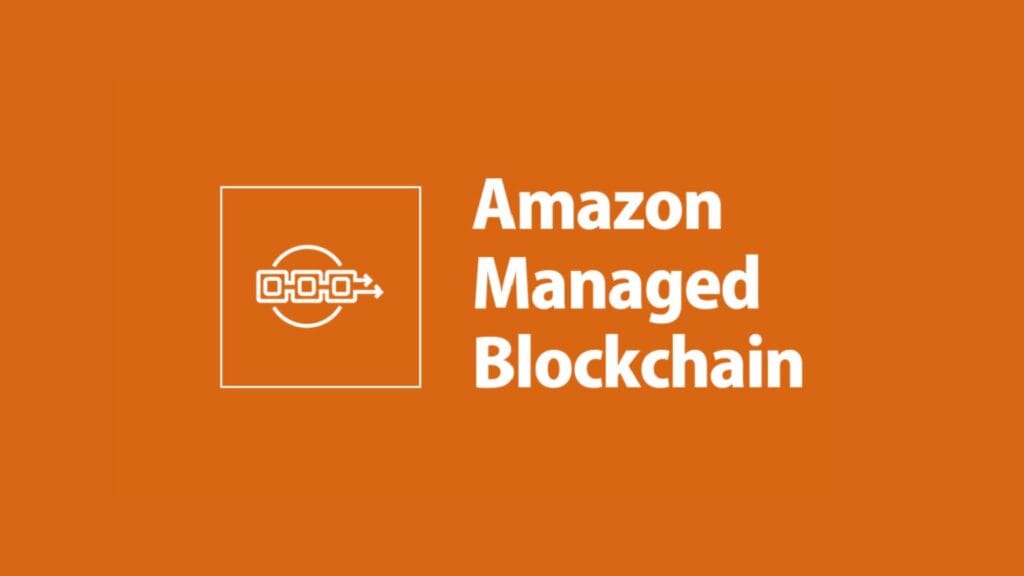
Location: Seattle, US
Founder: Launched by AWS with no specific founder.
Year of Establishment: 2018
Launched by Amazon Web Services in 2018, the Amazon Managed Blockchain (AWB) offers businesses a platform to build Web3 applications on both private and public blockchains, without the need to develop an in-house blockchain framework. Using AWB, developers can build and manage their blockchain networks efficiently.
Developers can use APIs to access historical and real-time data from various blockchains. Users do not need ETL (extract, transform, and load) or any specialized blockchain infrastructure to integrate standardized blockchain data with AWS services. AMB features are designed specifically for organizational-grade and mainstream consumer applications.
Benefits of Amazon Managed Blockchain (AWB):
- Comprehensively managed blockchain infrastructure.
- Access to real-time blockchain data.
- Trusted blockchain APIs can be used to develop applications.
- Amazon Quantum Ledger Database (QLDB) provides verifiable and immutable transaction records.
5. R3
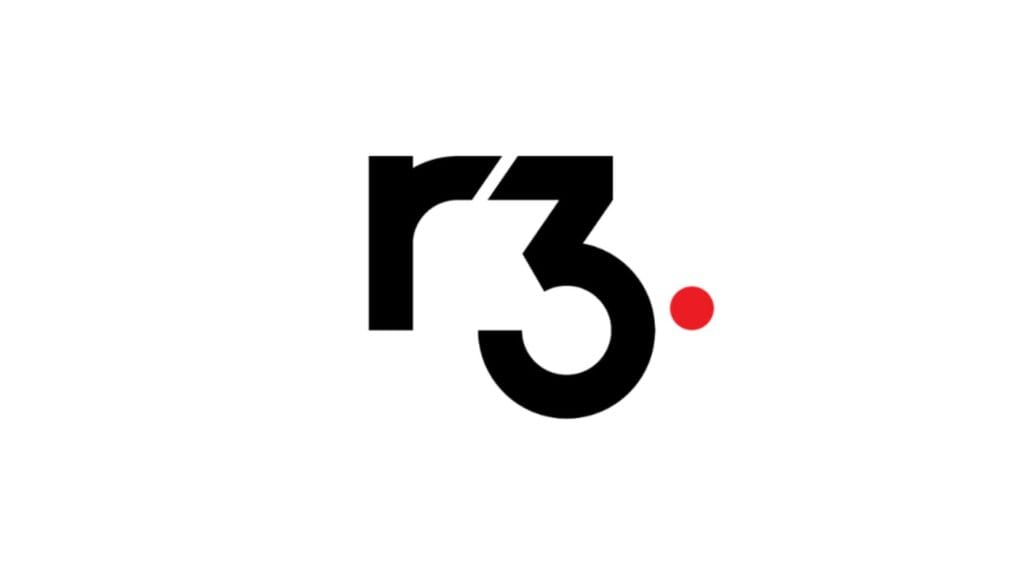
Location: London, UK
Founder: David E. Rutter
Year of Establishment: 2014
The company behind Corda, R3, is one of the top permissioned distributed ledger technologies globally. It is used in a wide range of leading international organizations, mainly in the financial sector and across other industries. It tokenizes real-world assets and facilitates digital currency solutions.
Since its inception in 2014, over 40 leading global banks have backed R3. It provides solutions across Corda, digital currencies & assets, and interoperability, assisting in security, privacy, and control over transactions.
Financial institutions that use R3 Corda:
- HSBC
- Bank of America
- Wells Fargo
- Barclays
- UBS
- Natixis
- Sumitomo Mitsui Banking Corporation
6. Hyperledger Fabric
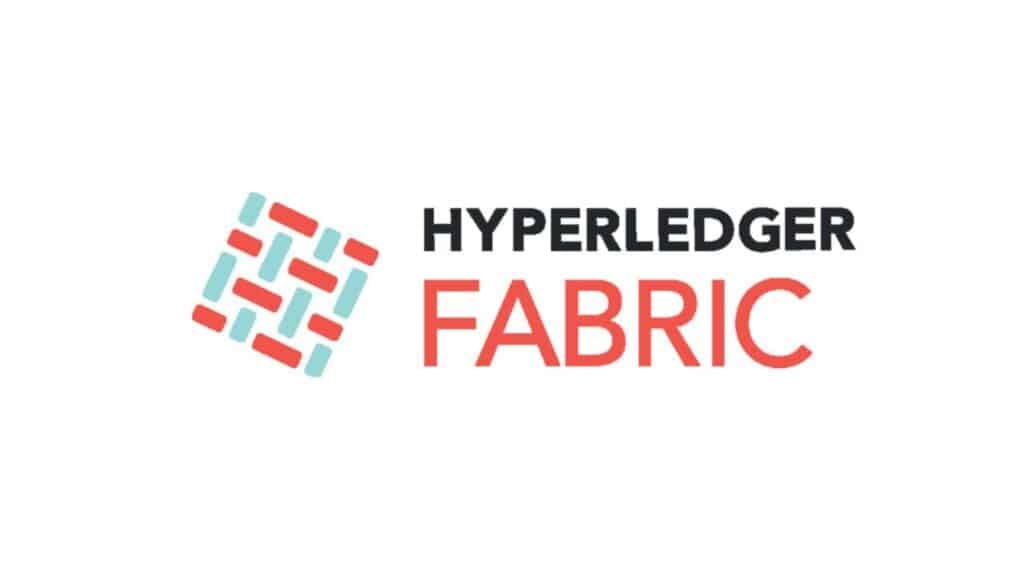
Location: Linux Foundation, San Francisco, USA
Founder: Developed as a collaborative project by IBM and Digital Asset & hosted by the Linux Foundation.
Year of Establishment: Publicly released in 2017
Developed by the Linux Foundation, Hyperledger Fabric is an open-source permissioned distributed ledger technology (DLT) platform for various enterprise use cases. Many reputable global enterprises deploy this blockchain infrastructure as it is built on distributed ledger technology to provide maximum security and data transparency.
Various decentralized blockchain-driven solutions have adopted the Hyperledger Fabric due to its focus on scalability and interoperability. Just like R3, the Hyperledger blockchain infrastructure is popularly utilized in financial institutions that prioritize privacy and digital trust.
7. HIVE Digital Technologies
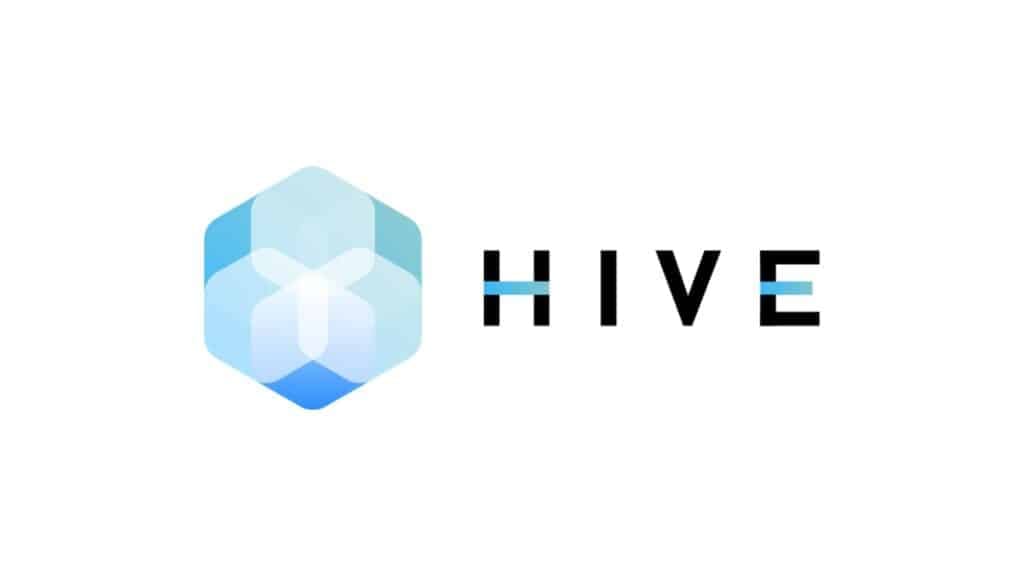
Location: Vancouver, Canada
Founder: President & CEO Aydin Kilic
Year of Establishment: 2017
Mining giants like HIVE are crucial for the growth of blockchain networks like Bitcoin and Ethereum. HIVE Digital Technologies offers software and hardware infrastructure that helps to verify blockchain transactions and generate crypto tokens for trading.
Since its inception, HIVE has been involved in mining and selling digital currencies. Today, it is one of the biggest names in the mining sector of the blockchain industry. HIVE builds and manages data centers across Canada, Sweden, and Paraguay for AI infrastructure and digital currency mining. Its focus is to promote sustainable and renewable energy-powered computing. Recently, HIVE Digital Technologies announced its crossing of the 16 exahash per second (EH/s) mark in global Bitcoin hashpower.
8. ConsenSys Software
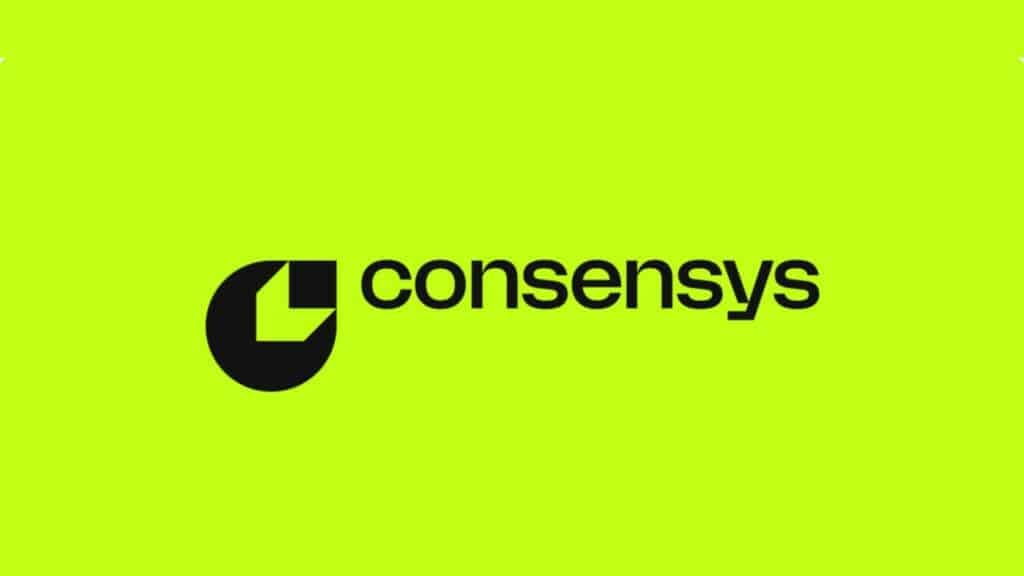
Location: Texas, US
Founder: Joseph Lubin, co-creator of Ethereum
Year of Establishment: 2015
Based out of Texas, ConsenSys Software is a private blockchain software company. Their advanced suite of products has been driving growth in the blockchain industry. They provide tools and infrastructure to power Web3 development.
Portrayed as ‘The Ethereum Company’ on the official website, ConsenSys Software offers blockchain solutions to developers and organizations to develop and access decentralized applications and financial infrastructure.
ConsenSys Software’s blockchain & Web3 product offerings:
- MetaMask Wallet: It is a non-custodial cryptocurrency wallet that provides users access to dApps across multiple blockchains, and it supports NFT marketplaces, DeFi platforms, fiat onboarding, and Web3 games.
- Infura: It is a blockchain infrastructure-as-a-service platform. Infura gives access to Ethereum nodes and networks like Polygon, IPFS, Avalanche, and Optimism. With it, developers can build and install dApps.
- Linea: It is an EVM-compatible Layer 2 blockchain that uses zero-knowledge rollups to scale and secure.
- Teku: It is an Ethereum proof-of-stake client designed for blockchain participation and enterprise staking.
Other than the 8 biggest blockchain companies listed above, there are many others, like Nvidia, Circle, Block, Chainlink, etc., that are making their mark in blockchain-driven innovations. These companies are positively impacting the innovation game by providing unilateral as well as cumulative (blockchain and IoT, blockchain & AI) blockchain solutions to multiple global industries.
Besides advancements, these companies, e.g., HIVE, are tackling energy consumption challenges by promoting sustainable blockchain processes that minimize environmental impact. Blockchain technology is no more a mystery that most people still avoid to learn or implement. Its applications are relevant in modern industries to enhance efficiency, drive growth, and generate trust and security.
Related: Top 10 Tools To Invest In Bitcoin For Beginners
Related: Top 5 Market Intelligence Platforms for B2B Success






